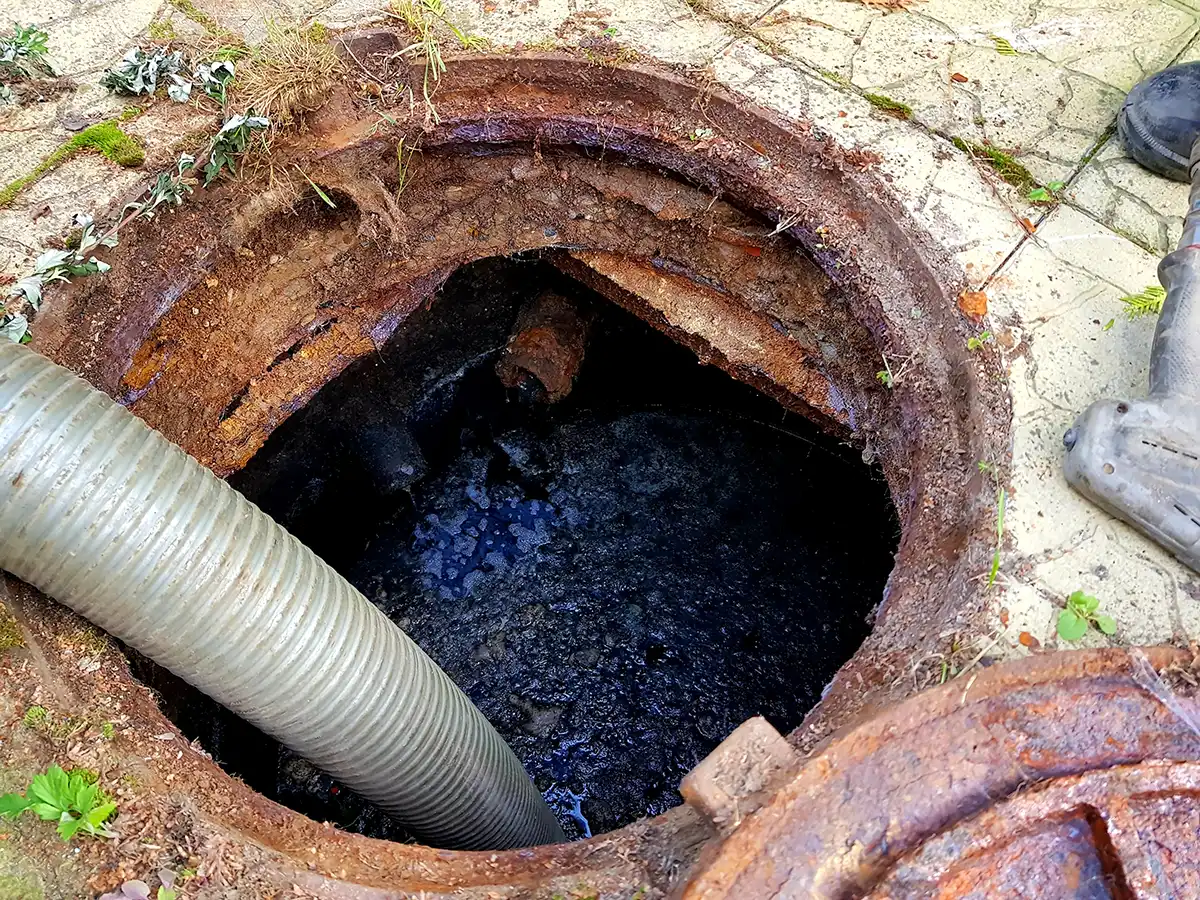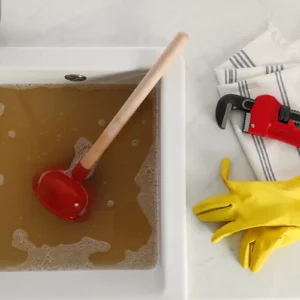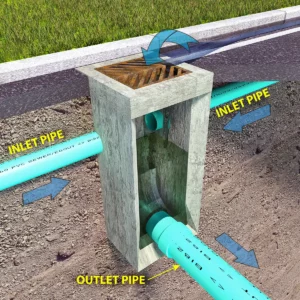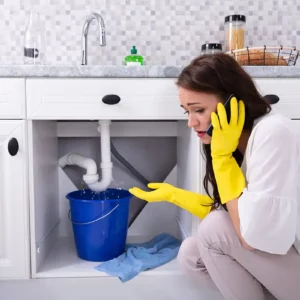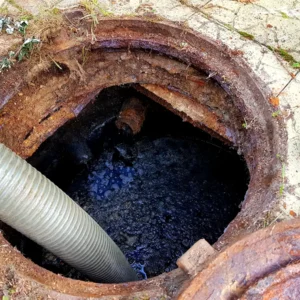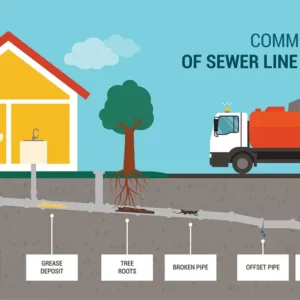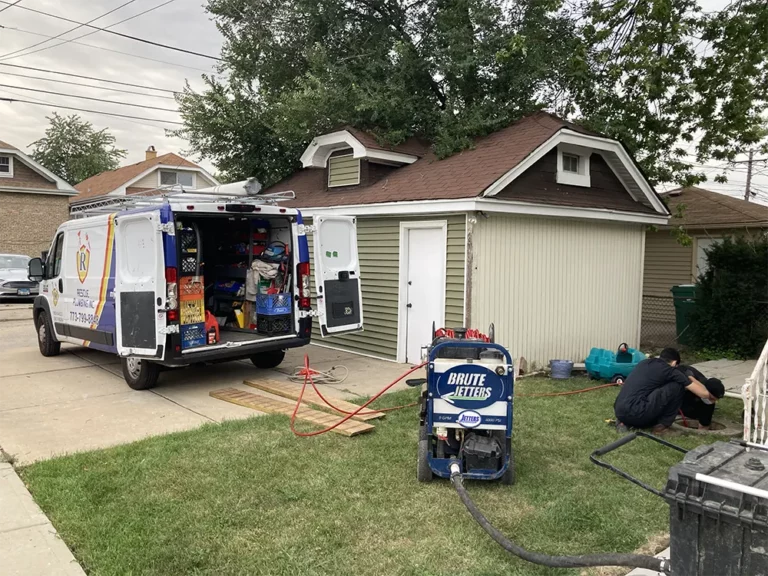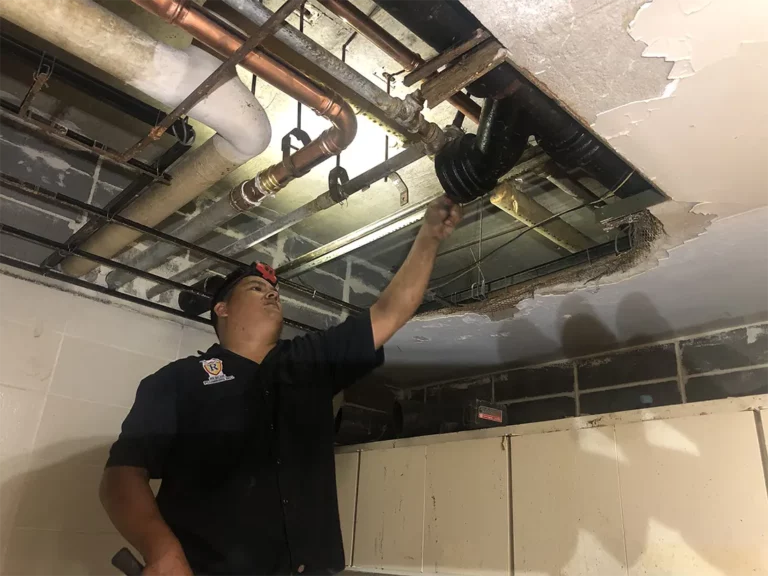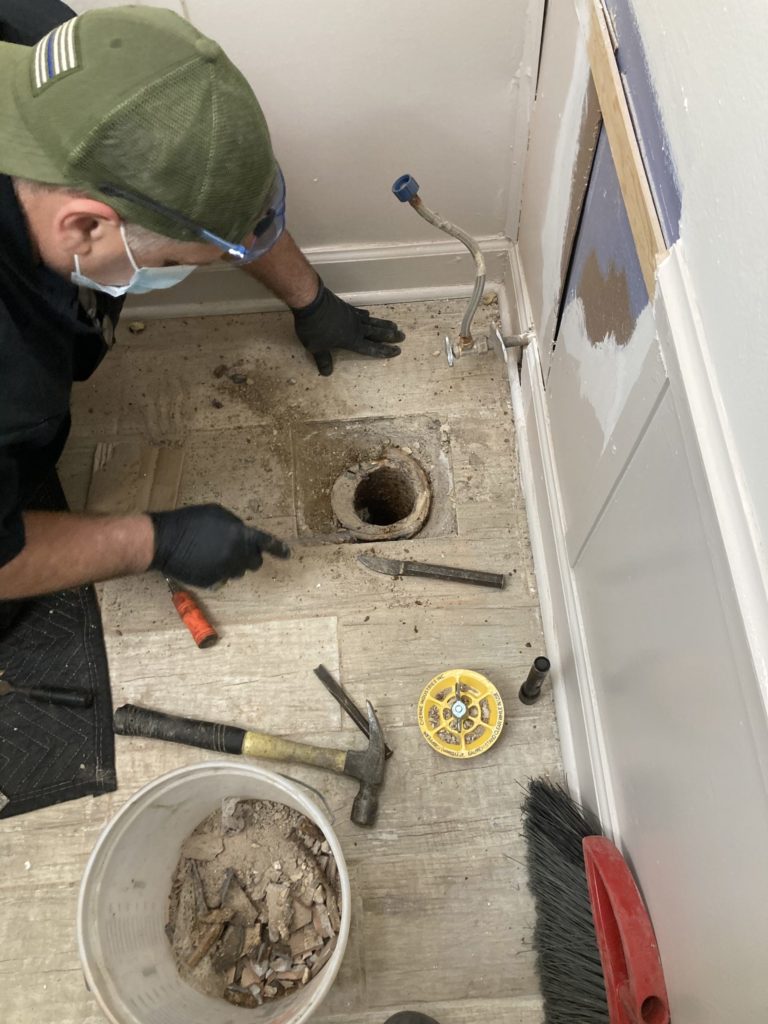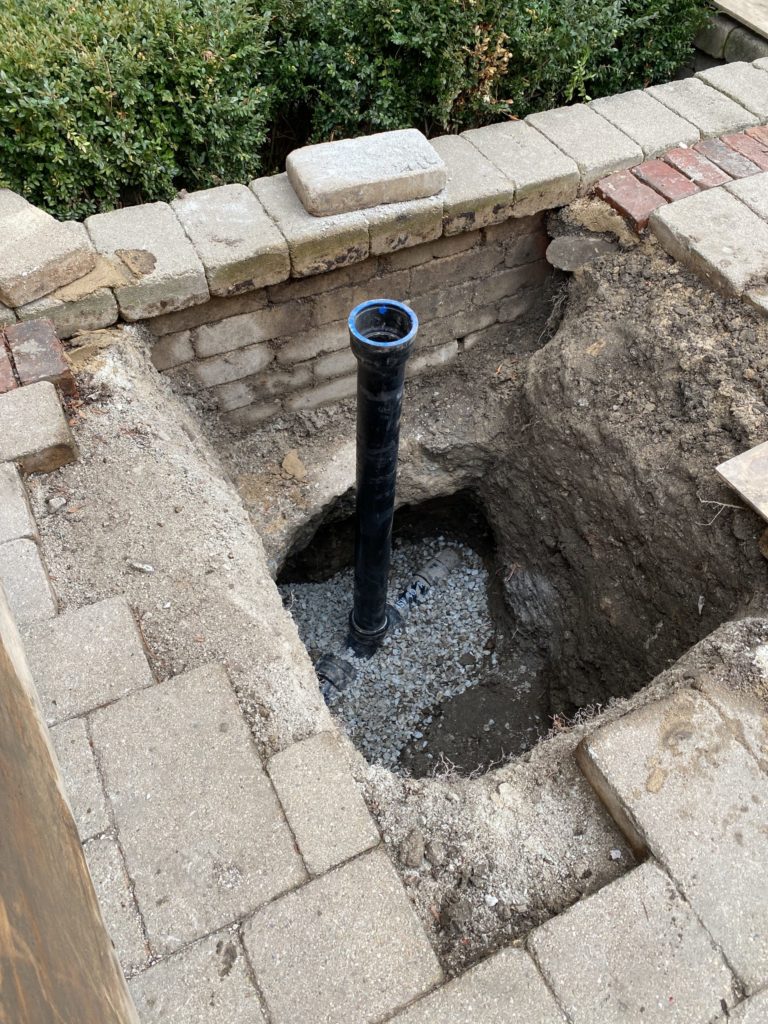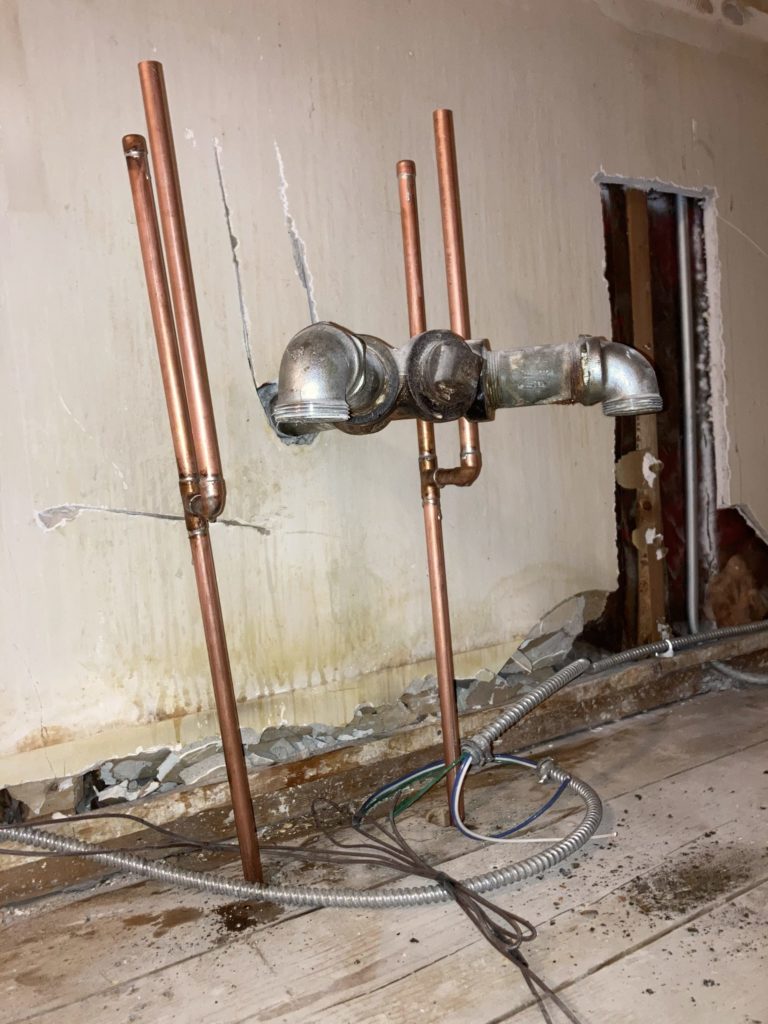Sewage Backup and Catch Basin Clean-Up in Lincoln Park Chicago
No one wants to experience a sewer backup, but you need to know what to do if it happens. In this blog post, we’ll walk through the steps to take if your Chicago home experiences a sewer backup. We’ll also detail how we rescued a building in the neighborhood of Lincoln Park. So read on!
Signs You Have a Sewer Backup
A sewer backup is an event that causes sewage to runoff into your home and floods your property. Clogs, tree roots, and stormwater can cause sewer backups. If you experience a sewer backup, it’s important to take action to minimize the damage.
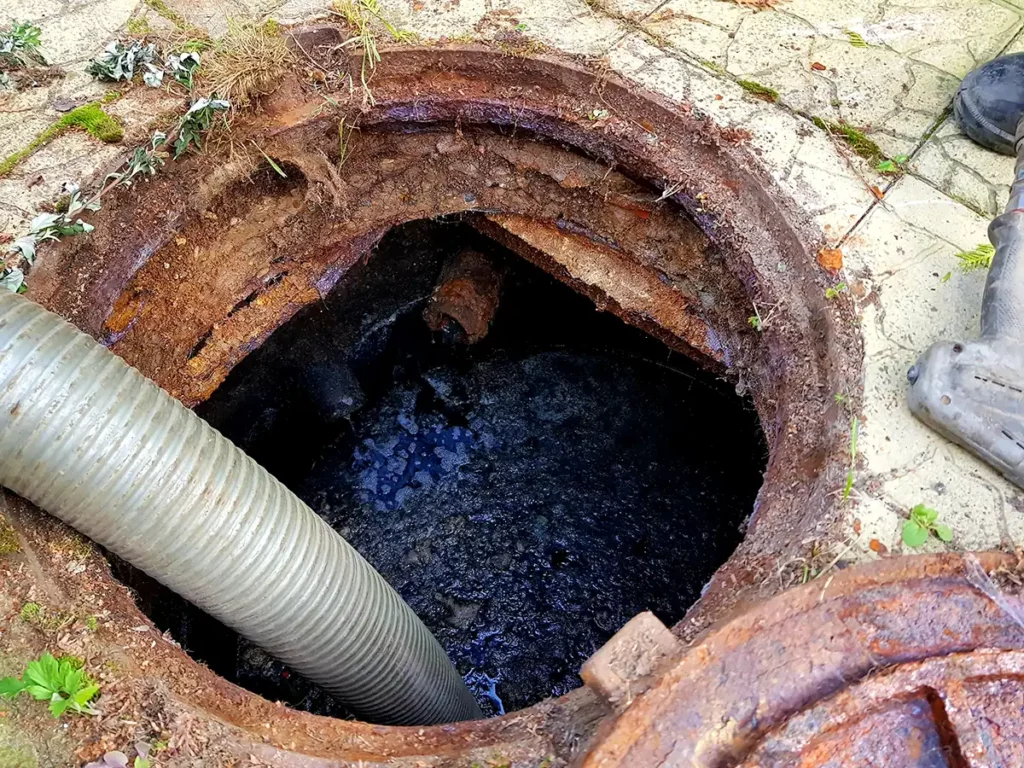
Early Signs of Sewer Backup
You will know you have a sewer backup if the following happens:
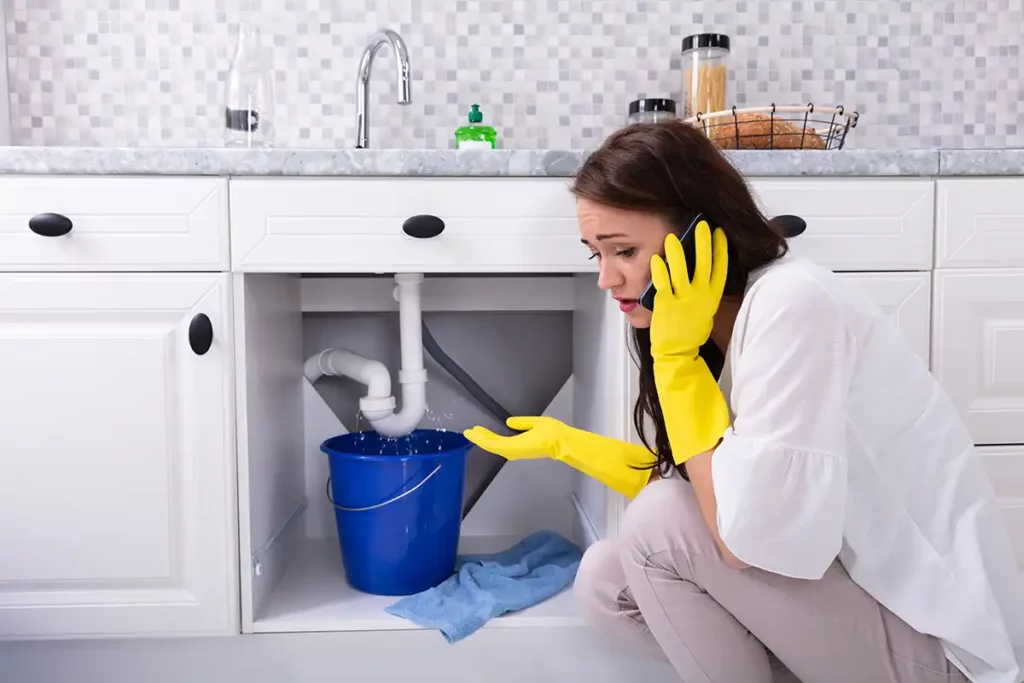
What To Do If You Experience a Sewer Backup
If you experience a sewer backup in your Chicago home, do not panic! Here is what you can do to protect your home:
Tip 1: Clean Up
If possible, try to isolate the affected area so the sewage can’t spread any further. Remove furniture from the affected area.
Sewage material has bacteria that can cause serious health problems. Do not try to clean up the sewage yourself. Let the professionals handle this dangerous task.
Tip 2: Avoid Using the Drains
Turn off sink faucets, do not use washing machines and dishwashers, and do not flush toilets. Do not use any plumbing drains in your home until repairs are complete.
Tip 3: Call Professionals
If you see sewage backup, contact your professional plumber immediately. For emergency sewer services Rescue Plumbing can help! We have the knowledge and expertise to get the job done right.
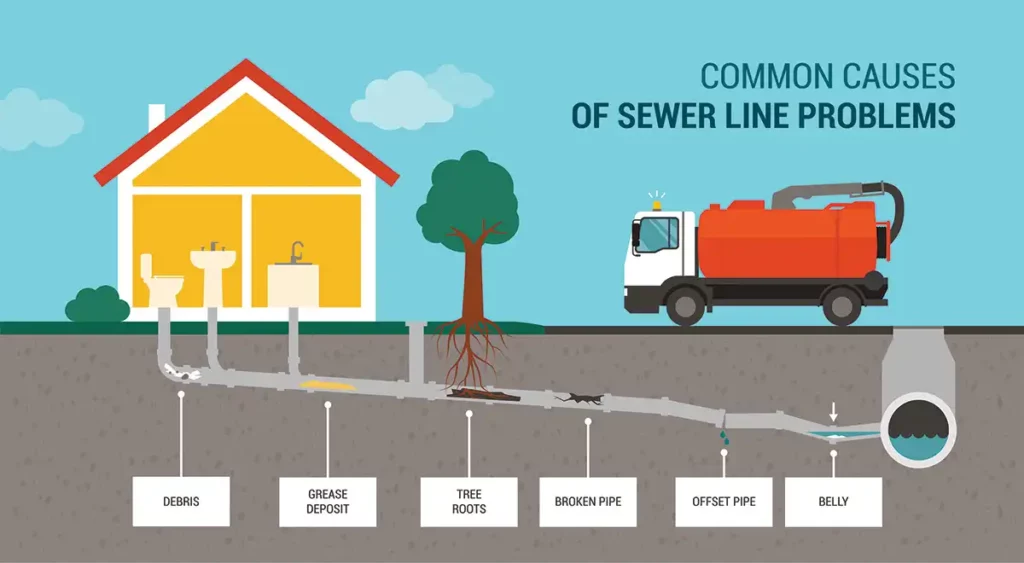
What Causes Sewer Backups?
Sewer backups are a common problem in Lincoln Park Chicago, and there are many causes of them. Here are some of the most common causes:
Cause 1: Tree Roots
Tree roots can grow into sewer lines and clog them or break the sewer pipes, causing a backup. Schedule yearly inspections for your sewer line. This will help search for any damage caused by tree roots.
Cause 2: Collapsed Pipe
A collapsed pipe can block access to the city sewer and lead to a sewer backup. A pipe will collapse because of age, corrosion, or tree root invasion.
The only solution is to install a new sewer pipe. A plumber will have the tools to locate the damaged area. Once located, the plumber will perform a sewer repair!
Cause 3: Heavy Rain
When it rains too much, the water can’t flow through the sewers and catch basins and it starts to back up. This can cause many problems, like sewage coming up through the drains!
Protect your home. Have a professional plumber clean and service your catch basin system on a regular basis.
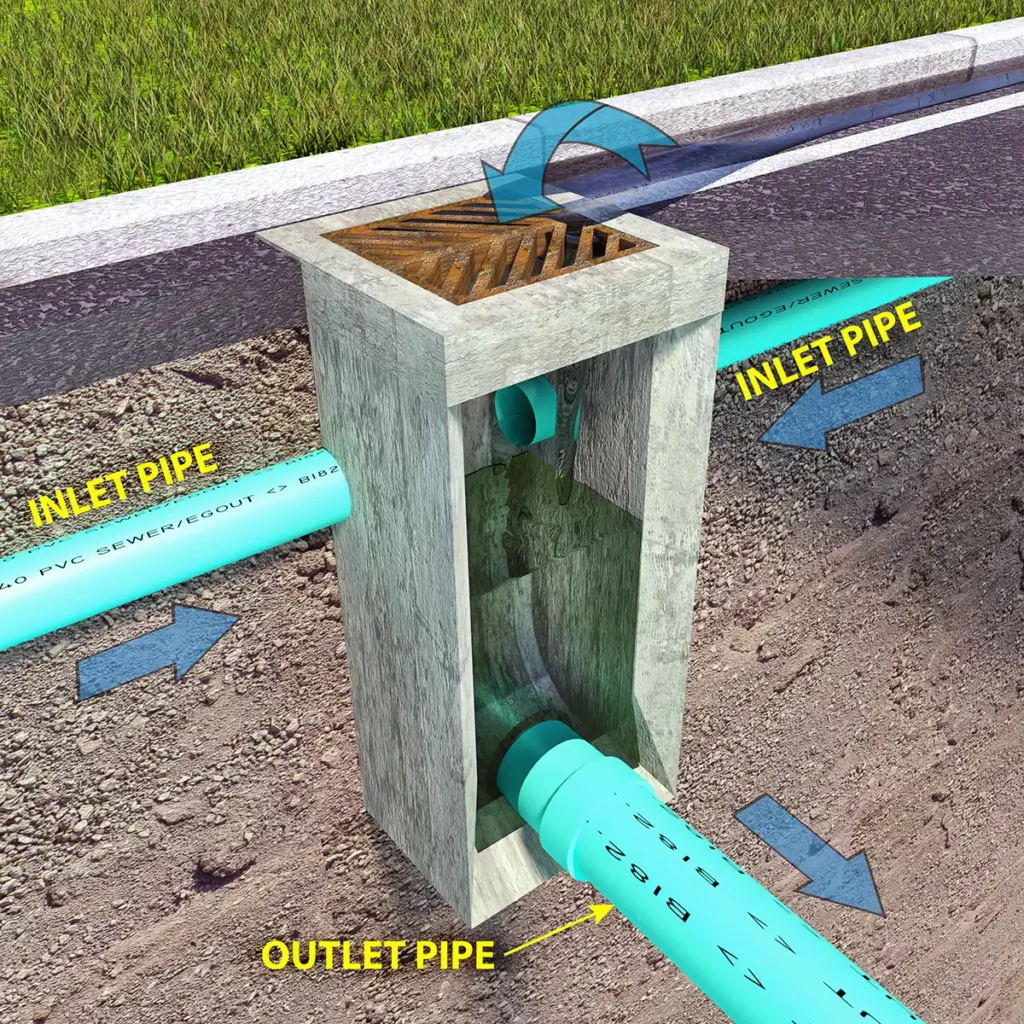
What Is A Catch Basin?
A catch basin is a small, man-made basin. Catch basins keep pipes clear by catching debris and maintaining proper drainage.
The particles settle at the bottom of the basin, while water drains out of the outlet pipe. The outlet pipe connects to the city’s sewer system.
Not all homes or buildings have this plumbing system. Most people install this type of drainage to prevent sewage runoff in their homes.
Do Catch Basins Need Regular Maintenance?
Homeowners who have installed catch basins forget about maintenance. You must keep the grate on the top of the catch basins clear of debris so that stormwater can flow in and out.
According to the EPA, you should clean out the basin if the water level is at one-third of the depth from the bottom. Here are some tips when maintaining your catch basin:
Regularly Sweep
Clear away any debris, leaves, or other materials that may be blocking the grate or basin. This way you’ll help keep the water flowing and prevent any clogs from forming.
Catch Basin Inserts
The installation of catch basin inserts is a great way to keep your catch basins clean and free of debris. The insert will enhance the filtering ability of your catch basin.
Dispose of Grease
Do not dump grease in your kitchen drains. Instead, throw the grease in the trash. Too much grease build-up in the drainage leads to a sewer backup.
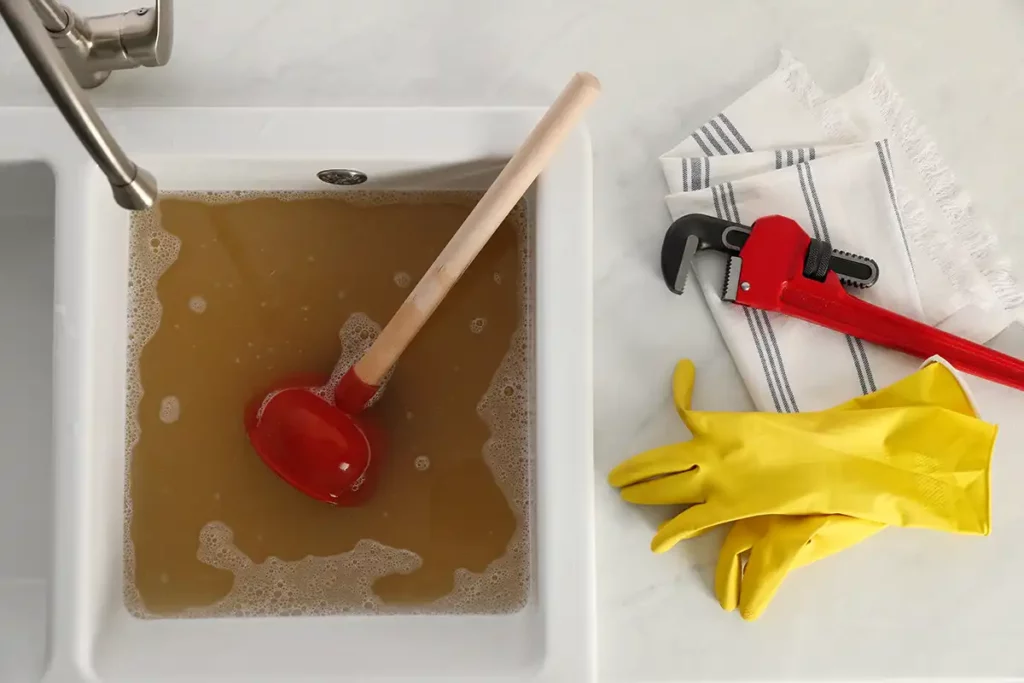
Lincoln Park Neighborhood Sewer Backup
When backups happen, they can cause a lot of damage. A new building in the Lincoln Park neighborhood, near the lake, had severe kitchen backups.
The owners of this residential building had never done any preventative maintenance. Once the customer called, the Rescue Plumbing team headed out and fixed the issue.
Residential Properties Experience Extreme Backups
We completed this project in one of the most affluent neighborhoods, Lincoln Park. Lincoln Park is to the right of the lake and is home to Chicago’s largest park and Lincoln Park Zoo.
The Lincoln Park customer called requesting immediate help. They explained all the kitchen sink lines in the building were backing up. Something was wrong with the plumbing system.
The residential building was between North Avenue and Fullerton. Luckily, we were nearby and we headed out to the Lincoln Park property immediately.
Our Plumbers Removed the Lincoln Park Building Backup
This was an entire building. The majority of the kitchen lines in the Lincoln Park building were backing up. As a result, there was no way rodding every single kitchen line would be the solution. The plumber suspected the issue was the sewer or catch basin.
The plumber searched the building’s plumbing system to verify if it had a built-in catch basin. This building did in fact have a catch basin. Its location is near the parking lot and driveway.
Catch Basins Are the Culprit
The plumber opened the catch basin and located the problem. We found solid grease packed all the way to the top.
We had an EPA-certified pump truck pull up on North Avenue to suck out all the grease. We spent hours sucking pound after pound of grease from the catch basin pit.
Once we removed the grease we proceeded to power rod and jetting to clear up the rest of the lines for the building. Luckily, there was a storefront that made the kitchen lines accessible.
The work became more challenging. Grease got everywhere and the residents in the condos kept using the water. Even so, our team was able to resolve the issue.
Lincoln Park Chicago Rescue
Our Lincoln Park customer felt relieved. The building’s kitchen drains were back to normal.
They now say they will make sure to keep up with the catch basin maintenance. We’ll be back in the neighborhood of Lincoln Park for routine maintenance.
FAQs
Rescues throughout all of Chicago!
If you are experiencing backed-up kitchen lines, please call Rescue Plumbing. Many different factors can cause kitchen backup lines. We have the experience and expertise to get the plumbing system flowing again in no time.
Rescue Plumbing serves the majority of the City of Chicago. Some of the Chicago areas we have serviced are Albany Park, Old Town, and Lake View.
Our friendly staff is ready to help solve your plumbing problem! Call us today (773) 799-8848.


